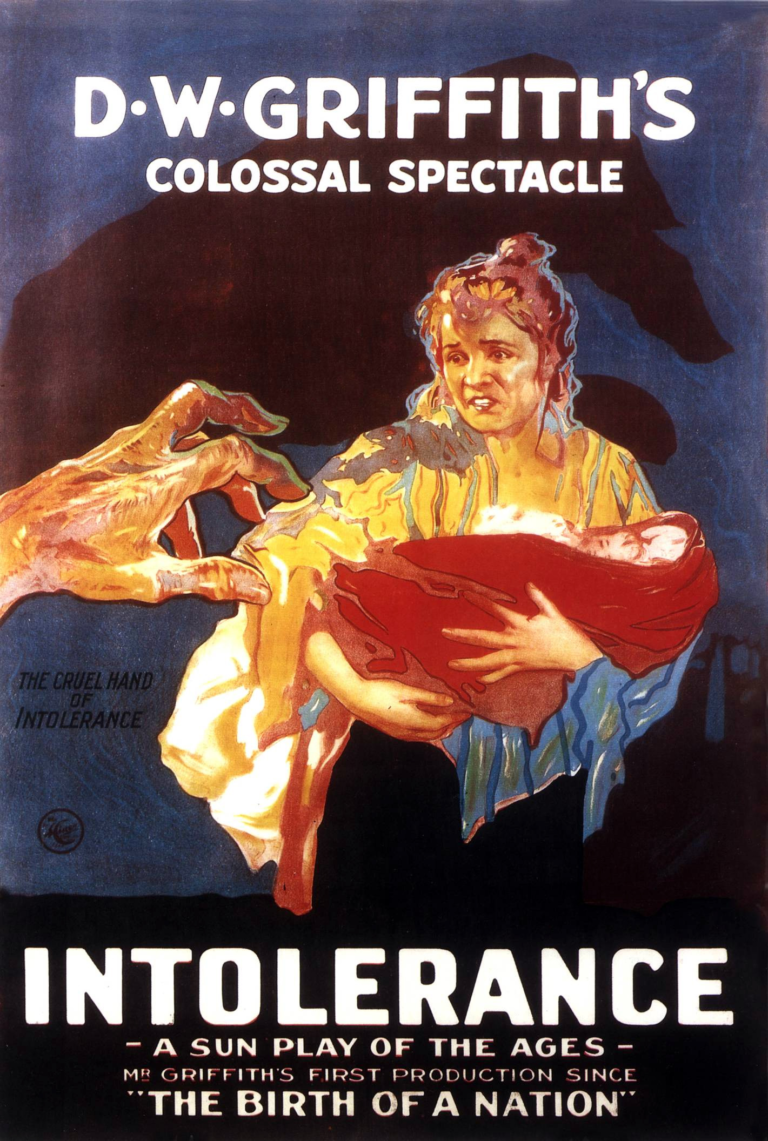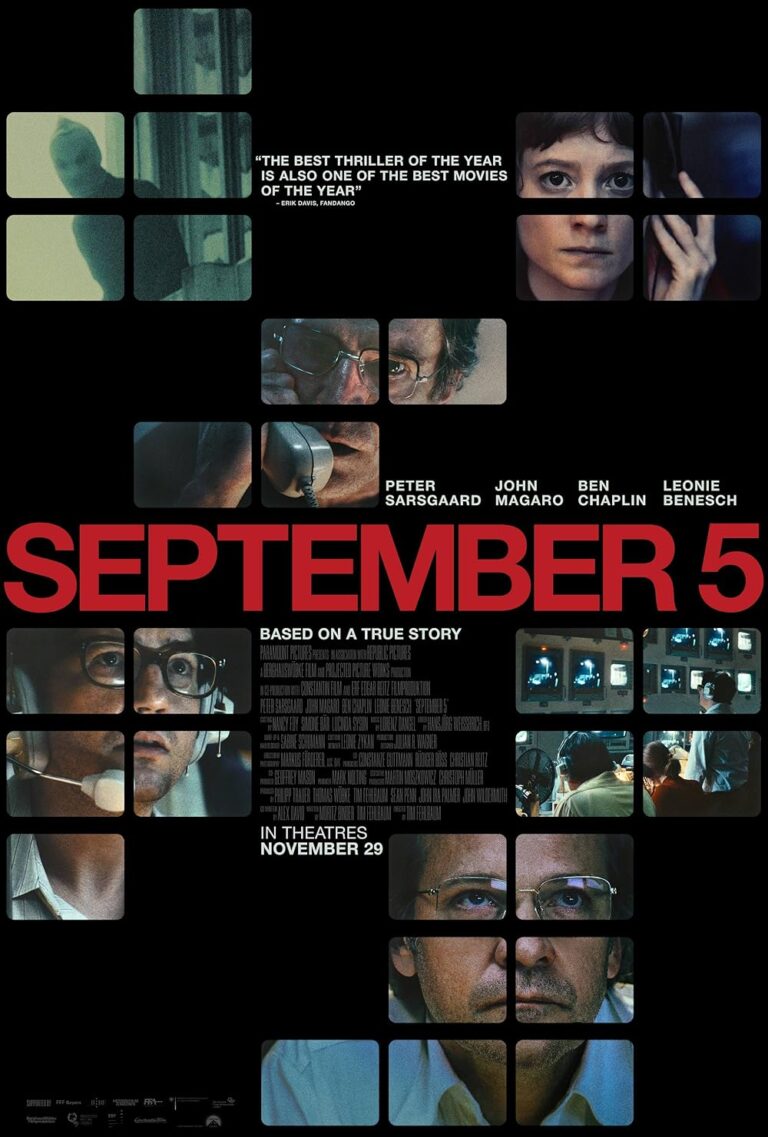Friday Night Lights Christian Review

Right off the bat, if you’re thinking this is just another sports drama, I have to tell you—Friday Night Lights is anything but. Sure, the show revolves around high school football. But don’t mistake it for something you’d watch just to get your weekly dose of touchdowns and field goals. This isn’t Remember the Titans on repeat or some rehashed sports flick playing up clichés. This is about life, plain and simple. And life, as you know, is messy, complicated, heartwarming, gut-wrenching, and downright tough sometimes. In Friday Night Lights, the real game isn’t on the field—it’s out there in small-town Texas, where football is king, and every game, every play, feels like life or death. So even if you don’t know a thing about football, I guarantee you’ll find yourself hooked.
It’s About People, Not Just Plays
Let’s start with the obvious: Dillon, Texas. It’s more than just the show’s setting—it’s practically a character of its own. This small town where everyone knows everyone, where gossip spreads faster than wildfire, and where the local football team is as central to life as Sunday church service, is the perfect backdrop. Yet, it’s not the football itself that makes this series work; it’s the people. They’re the beating heart of the show. Coach Eric Taylor and his wife, Tami—if you’ve seen even a single episode, you know exactly what I mean. These two are the backbone, the kind of couple who feel real and grounded. The kind who argue, make mistakes, and love fiercely. Through them, the show explores themes that hit home regardless of whether you’ve ever set foot on a football field: sacrifice, loyalty, ambition, disappointment, and hope.
Coach Taylor: The Unlikely Hero
Eric Taylor, played by Kyle Chandler, is the man you wish you had as a coach, mentor, or even just a neighbor. He’s tough but compassionate, principled yet flawed. His mission? To turn a bunch of misfits into a football team that not only wins games but learns something about life in the process. And it’s not an easy task. But here’s the kicker—Coach Taylor’s version of winning isn’t just about the scoreboard. It’s about teaching these kids to face adversity with grit and integrity, about believing in themselves when the whole world is doubting them. It’s hard to watch him struggle sometimes. He’s got the weight of the entire town’s expectations on his shoulders, and every bad play, every loss, is a personal failure to him. Yet, there’s grace in his struggle.
And then there’s his wife, Tami Taylor. She’s not just the coach’s wife—she’s a powerhouse in her own right. Played by Connie Britton, Tami is a high school guidance counselor who becomes the principal of Dillon High, bringing her own set of challenges to the story. She’s one of the most grounded, relatable characters on TV, a woman trying to balance career, family, and the constant demands of a town that doesn’t always respect her for who she is. Together, Eric and Tami create one of television’s most genuine portrayals of marriage—messy, loving, imperfect, and unwaveringly strong.
Faith, Family, and Football
If Friday Night Lights is about anything, it’s about faith. And not in a preachy way, either. There’s a sort of quiet spirituality running through the series, an acknowledgment that life is hard, and sometimes, the best thing you can do is have faith—faith in God, faith in each other, and faith that there’s a purpose to the pain. In a town like Dillon, where football games are almost sacred, this kind of faith isn’t just about what happens on Sundays. It’s in the way people show up for each other, in the way they keep believing, even when all signs point to defeat.
This is where the show gets deeply Christian, even if it doesn’t wear it on its sleeve. It’s about redemption and grace, about second chances and forgiveness. You see it in characters like Matt Saracen, the quiet, soft-spoken backup quarterback who finds himself thrust into the spotlight. Matt’s story is heartbreaking—dealing with a father who’s overseas in the military, a grandmother with dementia, and a town that expects him to fill shoes that are much too big. He fumbles, fails, and falls apart, but through it all, he learns to pick himself up.
And then there’s Tim Riggins. Ah, Tim. The troubled, self-destructive heartthrob who embodies both the wild allure of youth and the devastating consequences of squandered potential. Tim is everything you’d expect from a Texas bad boy—charming, reckless, and deeply, tragically flawed. Yet, there’s something redemptive about him, a quiet yearning to be more than the sum of his mistakes. His journey is one of the most compelling in the series because it’s so raw and real. You want to shake him, scream at him, tell him to get his act together. But at the same time, you can’t help but root for him.
Clear Eyes, Full Hearts, Can’t Lose
You can’t talk about Friday Night Lights without mentioning the mantra that defines it: “Clear eyes, full hearts, can’t lose.” It’s more than just a rallying cry—it’s a way of life. It’s about playing the game the right way, about giving your all, about living with a kind of integrity that’s hard to come by these days. The show’s depiction of small-town life, where hope and disappointment are woven into the very fabric of existence, makes this mantra feel earned. It’s not some cheap slogan to be shouted at halftime—it’s the foundation upon which the entire series is built. And in a way, it’s deeply reflective of a Christian worldview. Because in the end, it’s not about whether you win or lose—it’s about how you play the game, about showing up with everything you’ve got, about giving yourself over to something bigger than just yourself.
Why It Still Resonates
It’s been over a decade since Friday Night Lights aired, but its impact hasn’t diminished. If anything, its relevance has only grown. At a time when TV is dominated by antiheroes and bleak storylines, there’s something almost radical about the show’s optimism. It’s a series that believes in people, even when they’re at their worst. It believes in redemption, in the power of community, and in the simple, stubborn hope that things can get better.
And that’s why it’s so beloved. Because it’s not just about football or small-town politics—it’s about what it means to be human. It’s about fighting for what you believe in, standing up for those who can’t stand up for themselves, and finding grace in unexpected places.
Final Thoughts
When you watch Friday Night Lights, you’re not just watching a show. You’re stepping into a world that feels achingly familiar, even if you’ve never set foot in Texas. You’re meeting people who are flawed and beautiful, whose struggles and triumphs resonate because they’re so painfully, wonderfully real. There’s something deeply Christian about this show, in the way it holds space for brokenness and beauty, in the way it believes in second chances, in the way it portrays faith—not as something easy or perfect, but as something that’s fought for, day by day.
So, if you haven’t seen it, do yourself a favor and give it a watch. And if you have, maybe it’s time to revisit Dillon, Texas, and remember what it means to live with clear eyes and full hearts. For all of that, I’d give Friday Night Lights a solid 9 out of 10. It’s a reminder that sometimes, even when you think you’re losing, you’ve already won.





